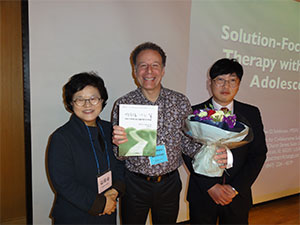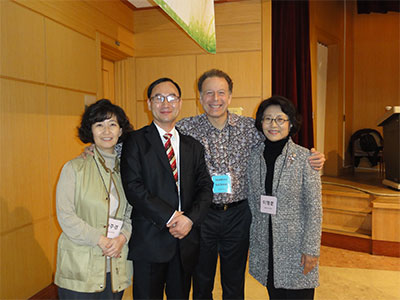
TOWARDS AN EVIDENCE-BASED PRACTICE: IMPROVE YOUR CLINICAL PRACTICE BY INTEGRATING KEY RESEARCH FINDINGS FROM PSYCHOTHERAPY, COUPLE, AND FAMILY TREATMENT OUTCOME STUDIES
Most practitioners recognize the need to base their practice on the scientific evidence that comes from research. However, it is difficult to stay on top of the thousands of research papers and studies that are published each year on different aspects of psychotherapy and couple and family therapy treatment outcome studies. This workshop will help participants to improve their clinical practices by being mindful of and incorporating into their choice therapy models the common factors found in successful treatment outcomes and integrating other important research findings from empirically-supported treatments. Participants will discover that key research findings are not only clinically useful but also optimize for their clients’ treatment success. As a result of attending this highly practical workshop, participants will come away being able to do the following:
- Use empirically-validated alliance-building strategies with individuals, couples, and families
- Manage split alliances in families and do subsystem work in sessions
- Utilize important client extra-therapeutic factors to create possibilities, such as: self-generated pretreatment changes, strengths, life passions, their stages of readiness to change, theories of change, preferences, resiliencies, epiphanies, and serendipitous practices
- Use oneself in creative ways as the catalyst for change
- Increase clients’ expectation and hope levels for change
- Utilize ongoing client feedback to inform the adjustment of our therapeutic stances and to better meet the needs of our clients
- Learn the key mechanisms of therapeutic change across a variety of psychological disorders
The workshop format incorporates information-rich didactic presentation, extensive use of videotape examples of major therapeutic tools and strategies, and skill-building exercises. This workshop can be offered in either a one or two-day format.

